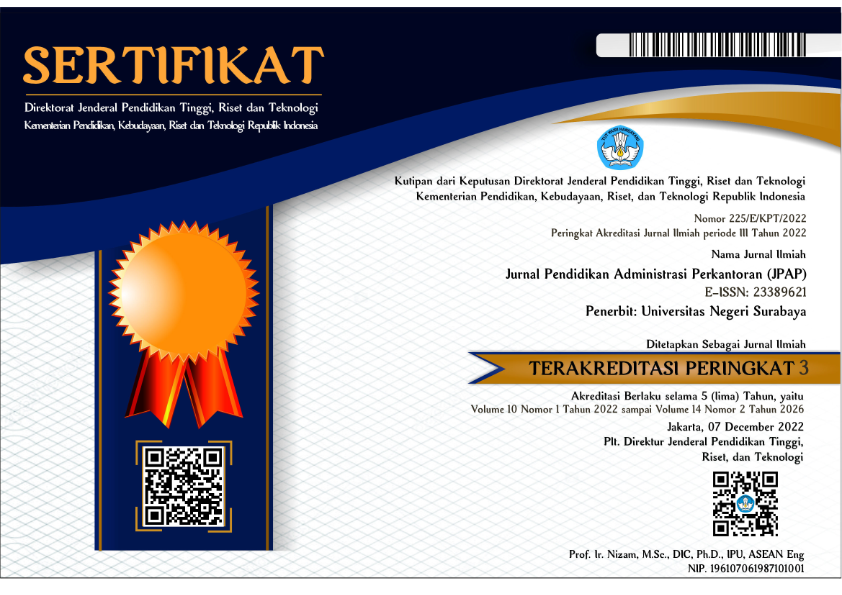Ethnopedagogical Approach in Primary Education: Enhancing Engagement, Cultural Identity, and Character Development
DOI:
https://doi.org/10.26740/jpap.v12n3.p380-390Abstract
Phenomenon/Issue: The integration of local cultural values in primary education, known as ethnopedagogy, faces challenges in effectively engaging students while preserving cultural identity and promoting character development.
Purpose: This study aims to explore the impact of the ethnopedagogical approach on student engagement, cultural awareness, and character development in primary schools.
Novelty: This research highlights the effectiveness of ethnopedagogy in fostering cultural identity and moral values among young learners, providing new insights into how local wisdom can be systematically integrated into formal education.
Research Methods: The study employed a qualitative approach, using interviews with teachers, classroom observations, and document analysis to gather data on how ethnopedagogical practices are implemented in primary schools.
Results: Findings show that the ethnopedagogical approach significantly enhances student engagement, strengthens cultural identity, and fosters positive character traits such as cooperation, respect, and tolerance. Despite these benefits, challenges remain, particularly in terms of teacher training and resource availability. The study underscores the importance of supporting ethnopedagogical practices to achieve more effective and meaningful education outcomes.
Research Contributions: This study contributes to the literature by emphasizing the need for equitable resource distribution and comprehensive teacher training. It offers recommendations for policy reforms that can enhance the implementation of multicultural education, particularly in under-resourced regions, to promote inclusivity and social cohesion.
 Abstract views: 186
,
Abstract views: 186
, PDF Downloads: 120
PDF Downloads: 120









